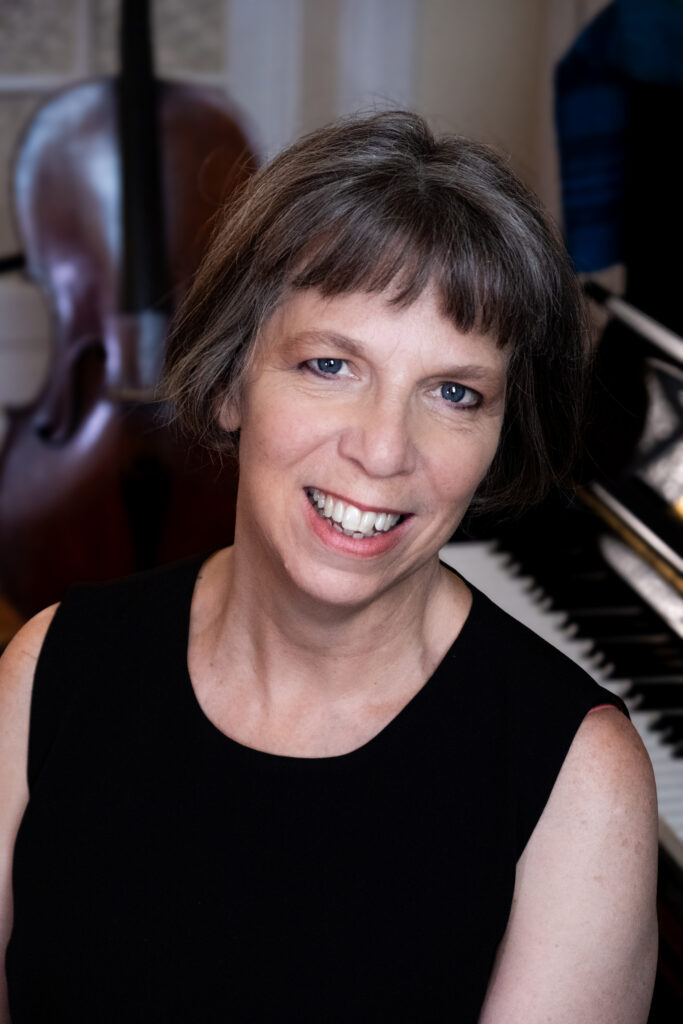I am now halfway through my Hildegard Revisited project, which began at the start of the Covid-19 lockdown back in March 2020, and I think it’s the right moment for me to answer an important question: why am I, a twenty-first century non-believer, who has a love of facts and is bound by rational thinking, spending my time on a project that focuses on a set of 77 liturgical chants that were written by a highly religious woman who died 843 years ago?
The short answer is that I love singing these pieces. I love their ecstatic power. I love the originality of their musical lines and their expressive, poetic texts. I love the look of the manuscripts with their beautiful, exotic notation, and the graphic effect that these “neumes” (precursors of our modern musical notation) have on the singer.
And, even though I don’t consider myself to be religious according to any particular doctrine and I don’t believe her words in a literal way, I value their symbolic strength, and I admire this music enormously for its purity, passion and healing resonance. Therefore, although those more religious than I may have an additional reason to appreciate her texts, this music (whether you are listening to it or singing it) has the power to touch believer and non-believer alike. I have recorded 40 of Hildegard’s original chants to date, and you can find them here.
But that’s not all – I am also fascinated by Hildegard herself. She was an unstoppable, passionate woman, who did not pull her punches and dared all to do what she believed was right. She was also a healer – both of the body and the soul. Her knowledge of plants and medicine was phenomenal for her time (and gender), and she strongly believed in the power of music to bring humans closer to the divine – or in other words, to make them better versions of themselves. She is a deeply inspiring figure. And this project is not only about interpreting her chants in their pure form: she has also inspired me to write my own works that “revisit” her chants. My aim is to close the 843 year musical gap and create something new that does justice to the original. It is my first serious attempt at composition, and without Hildegard (and the Covid-19 lockdown) I may never have taken the leap.

Post a Comment